RSA does the inevitable: Nation state blamed for hack
Tom Brewster thinks RSA has said nothing much at all about the hacks, which will most likely only hurt the company more.
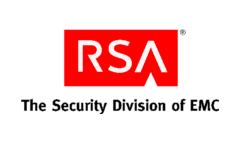

COMMENT RSA has finally gotten round to claiming a nation state was behind the attacks on the company earlier this year, basically saying what everyone else was thinking.
Talking at the RSA Security Conference in London, executive chairman Art Coviello and other execs said the vendor had been targeted by two groups from one nation state.
In reality, very little new information emerged. We had already suspected a foreign power of wrongdoing here. The biggest indicator was the fact that the SecureID information taken was used to target US contractor Lockheed Martin. We are, of course, guessing. RSA is still guessing to some extent too no actual extra evidence has emerged to implicate a nation state.
With these new statements from Coviello, which confirmed nothing much at all, RSA hasn't made itself look much smarter.
Questions will now turn to what nation state was to blame. We haven't had to wait for conjecture to spew out of onlookers' mouths, with fingers already pointing at China.
Some may have been surprised by Coviello's reticence over which nation was to blame, but it should have come as no shock to anyone.
RSA has again highlighted a major issue with attacks purportedly involving a nation state: it is close to impossible to blame anyone. When China was recently questioned over its involvement in a hit on Mitsubishi Heavy Industries, with Chinese characters even found in the implicated malware's code, the country could easily deny the accusations by saying someone else planted those ideograms there. Nations accused of attacks can simply claim they themselves were the victims of clandestine actions of others.
Get the ITPro daily newsletter
Sign up today and you will receive a free copy of our Future Focus 2025 report - the leading guidance on AI, cybersecurity and other IT challenges as per 700+ senior executives
Everything is so nebulous around these kinds of attacks that there is little one can take away with surety from the whole nefarious saga.
Out of control
There is one thing we can be sure of though: RSA has not come out of this well.
When the company's admission came out in March, the company came under fire for not informing the world sooner.
And with these new statements from Coviello, which confirmed nothing much at all, RSA hasn't made itself look much smarter. Given the initial breach, which appeared to trick RSA employees into opening a malicious attachment with a very simple piece of social engineering, made EMC's security arm look a tad silly, you'd have hoped it would have come out looking in control.
Yet RSA gave some confusing messages. If it was able to see there were two hacking groups were involved, one said to be more visible than the other and known to "authorities", then why could it not track down, or at least have a strong idea, of which nation state was involved?
On the surface, it seems as though Coviello and Co know plenty about how and why the attack happened, possibly who the perpetrators were. So why do we still know so little?
RSA should be using this week as a chance to show its teeth and prove it has a firm grip on the case. We should all hope it gets back on the right track soon - if security companies aren't in control, then everyone should worry.
Tom Brewster is currently an associate editor at Forbes and an award-winning journalist who covers cyber security, surveillance, and privacy. Starting his career at ITPro as a staff writer and working up to a senior staff writer role, Tom has been covering the tech industry for more than ten years and is considered one of the leading journalists in his specialism.
He is a proud alum of the University of Sheffield where he secured an undergraduate degree in English Literature before undertaking a certification from General Assembly in web development.
-
 Bigger salaries, more burnout: Is the CISO role in crisis?
Bigger salaries, more burnout: Is the CISO role in crisis?In-depth CISOs are more stressed than ever before – but why is this and what can be done?
By Kate O'Flaherty Published
-
 Cheap cyber crime kits can be bought on the dark web for less than $25
Cheap cyber crime kits can be bought on the dark web for less than $25News Research from NordVPN shows phishing kits are now widely available on the dark web and via messaging apps like Telegram, and are often selling for less than $25.
By Emma Woollacott Published
-
 'You need your own bots' to wage war against rogue AI, warns Varonis VP
'You need your own bots' to wage war against rogue AI, warns Varonis VPNews Infosec pros are urged to get serious about data access control and automation to thwart AI breaches
By Rene Millman Published
-
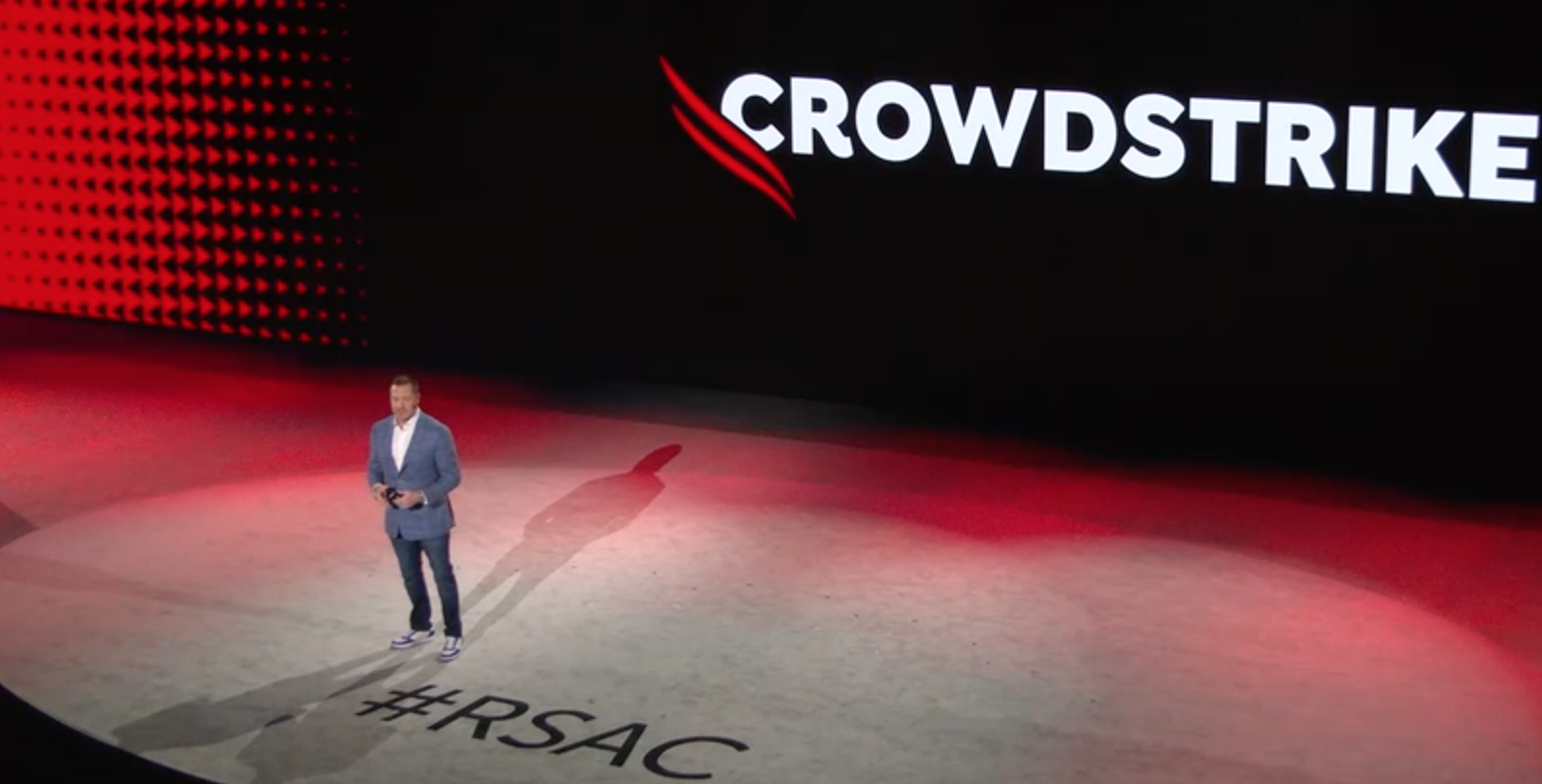 CrowdStrike CEO: Embrace AI or be crushed by cyber crooks
CrowdStrike CEO: Embrace AI or be crushed by cyber crooksNews Exec urges infosec bods to adopt next-gen SIEM driven by AI – or risk being outpaced by criminals
By Rene Millman Published
-
 Microsoft security boss warns AI insecurity 'unprecedented' as tech goes mainstream
Microsoft security boss warns AI insecurity 'unprecedented' as tech goes mainstreamNews RSA keynote paints a terrifying picture of billion-plus GenAI users facing innovative criminal tactics
By Rene Millman Published
-
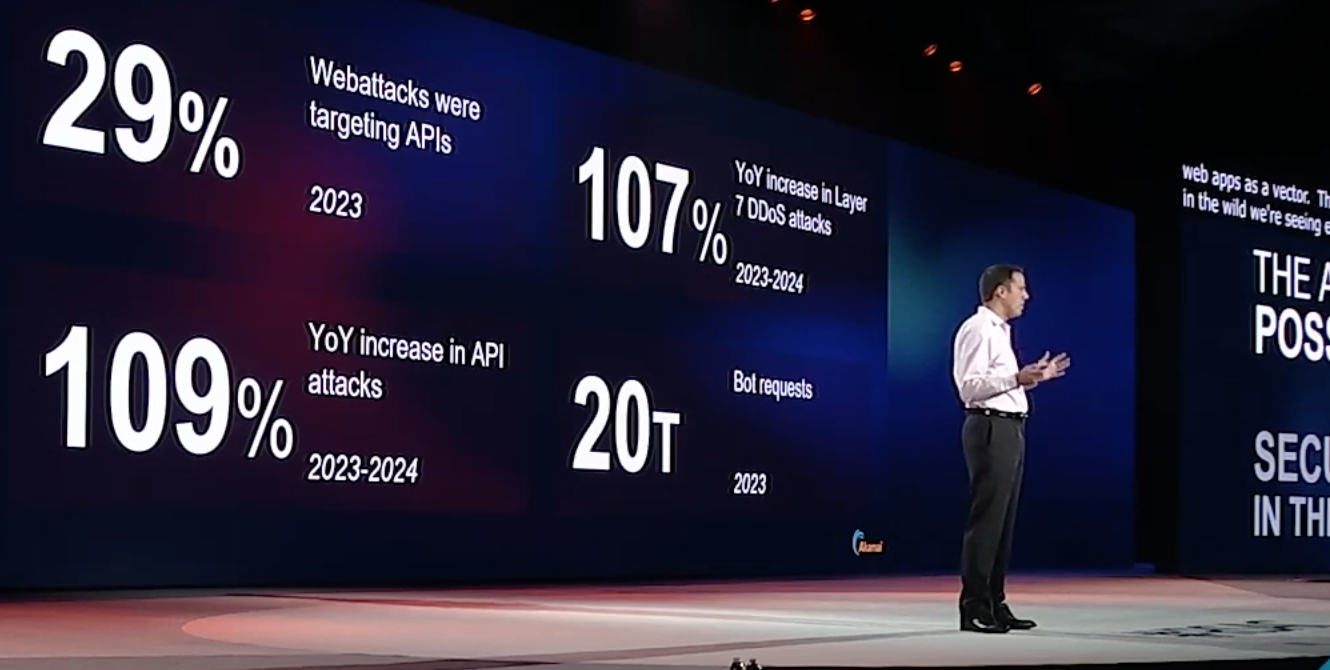 APIcalypse Now: Akamai CSO warns of surging attacks and backdoored open source components
APIcalypse Now: Akamai CSO warns of surging attacks and backdoored open source componentsNEWS Apps and APIs bear the brunt as threat actors pivot to living off the land
By Rene Millman Published
-
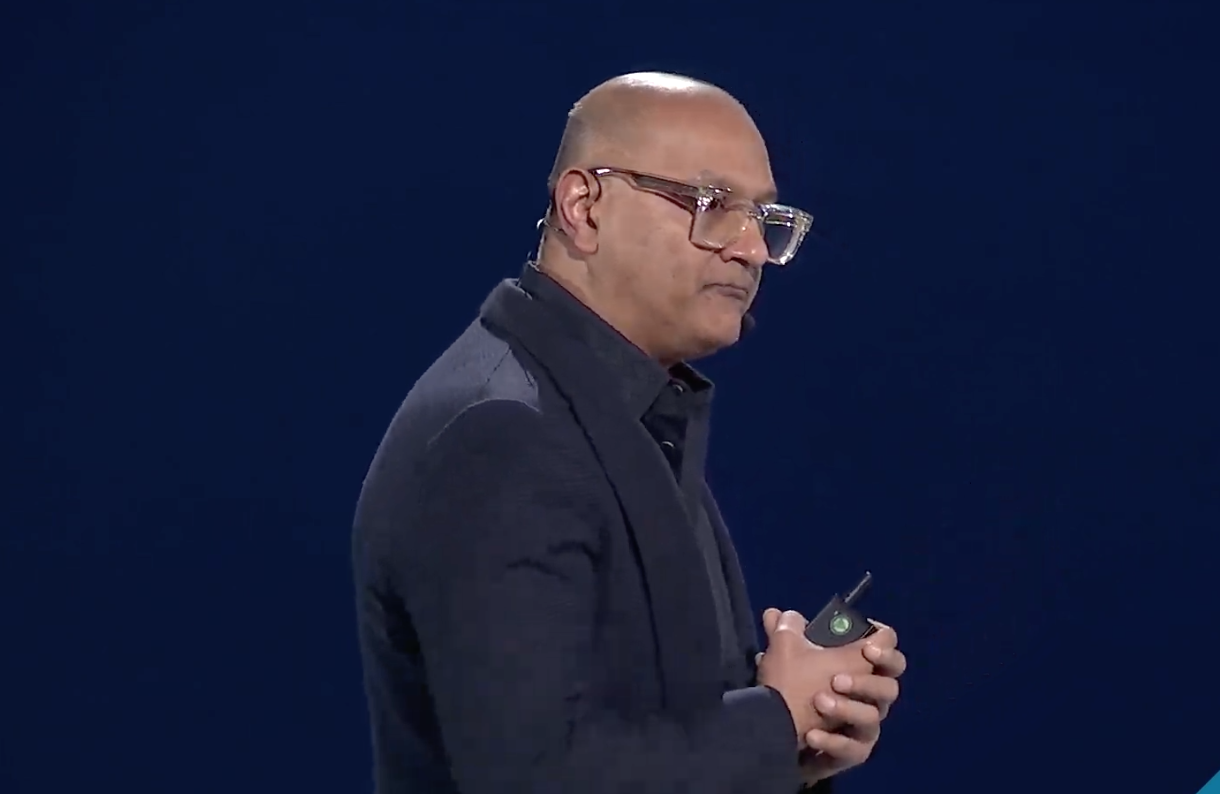 AI is changing the game when it comes to cyber security
AI is changing the game when it comes to cyber securityNews With AI becoming more of an everyday reality, innovative strategies are needed to counter increasingly sophisticated threats
By Rene Millman Published
-
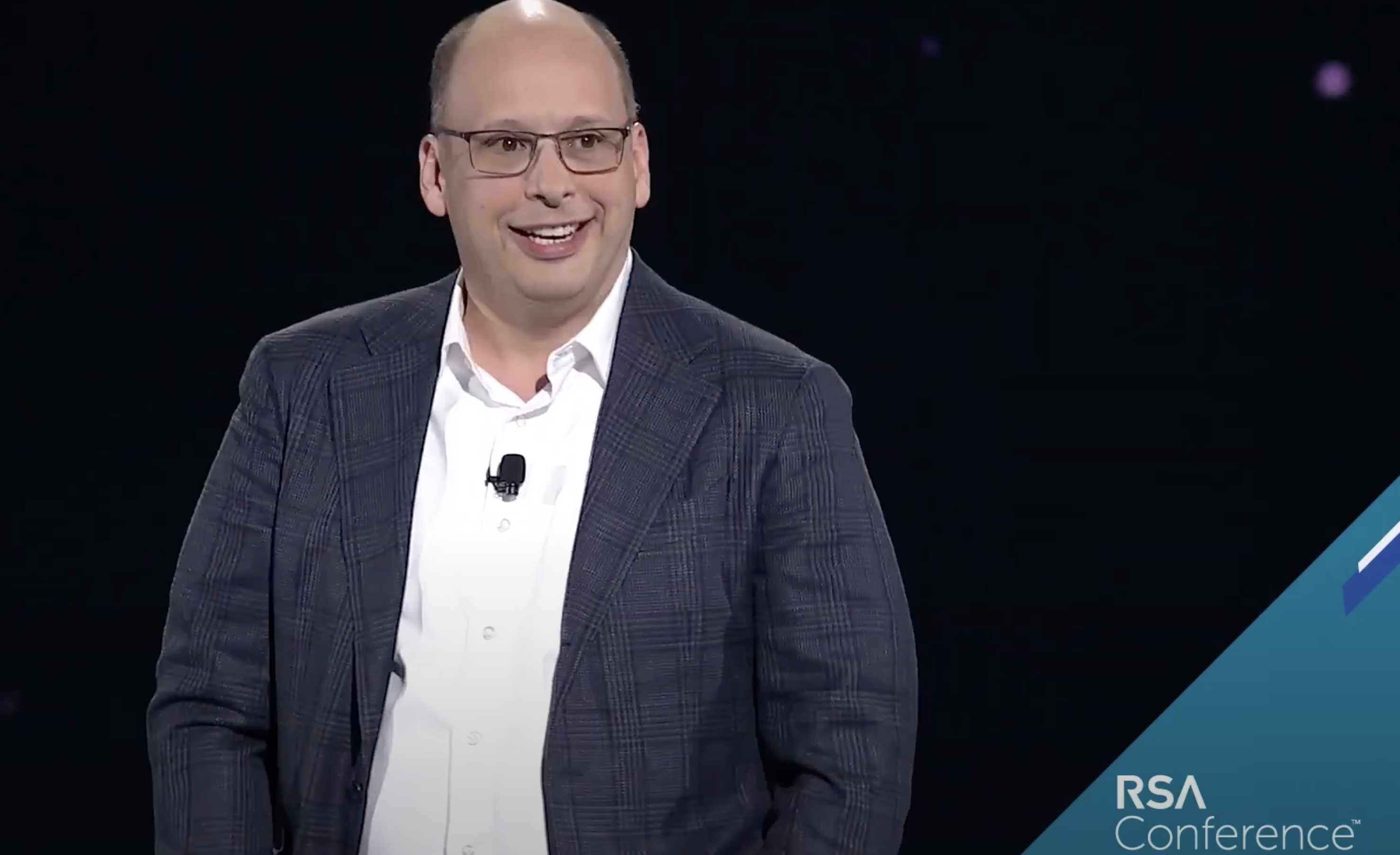 RSAC Chairman urges collaboration to ensure collective defense in security
RSAC Chairman urges collaboration to ensure collective defense in securityNews Chairman emphasizes the critical need for cooperation among cyber security experts
By Rene Millman Published
-
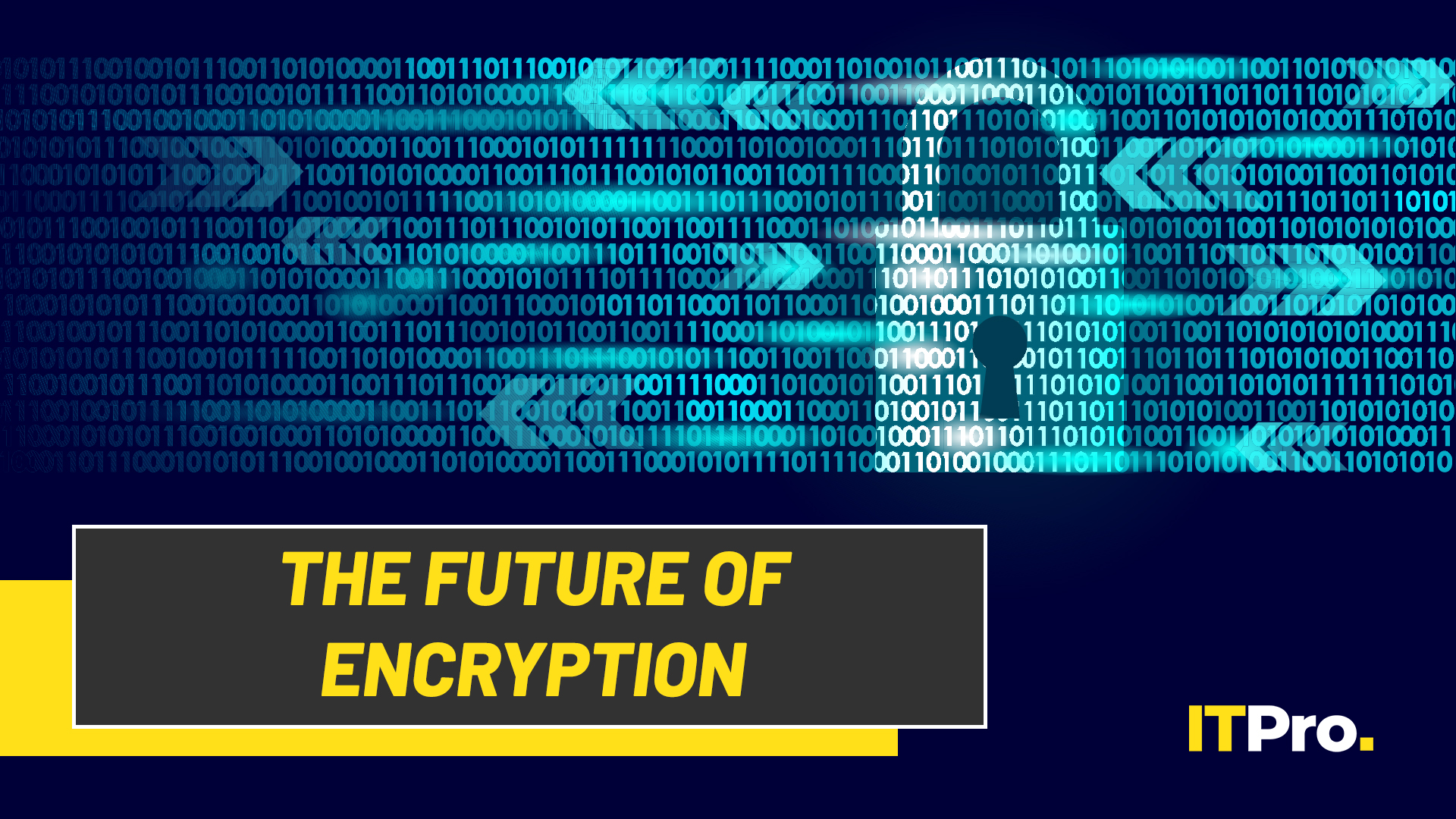 IT Pro Live: The future of encryption
IT Pro Live: The future of encryptionVideo AI and quantum ccomputing could be about to change the face of security forever
By IT Pro Published
-
 Mobile apps now most common method of fraud
Mobile apps now most common method of fraudNews RSA Security report highlights the rise in burner devices and rogue apps
By Bobby Hellard Published